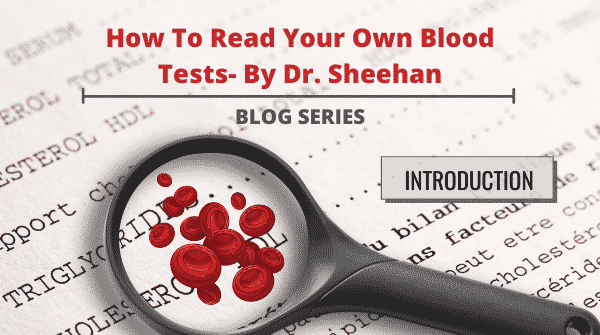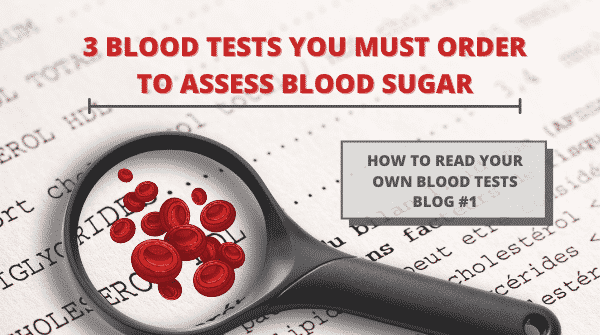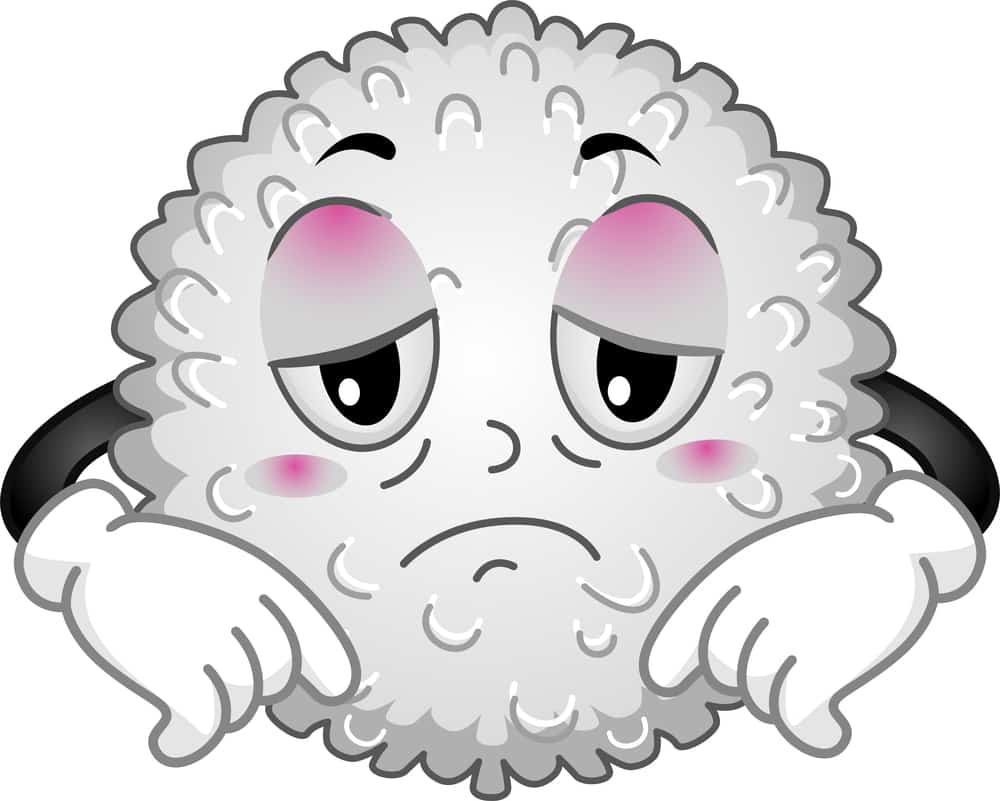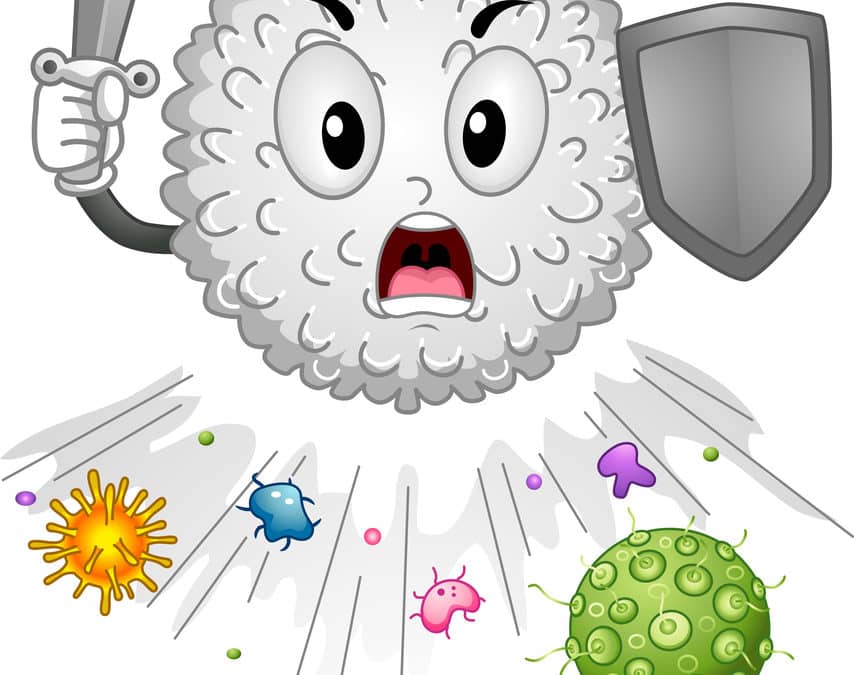November 25, 2019
I hear a lot about “food allergies” but how do I know if I have them? How about this for a short answer, what if you just stopped eating something and you recorded if you felt better? Honestly, that is the gold standard of food sensitivities. Let’s not call them food allergies, because when most people are referring to food allergies what they are really talking about are food sensitivities. Food allergies are the nut allergies and true celiac cases that we hear about in the news all the time. These food allergies can kill you. Food sensitivities will just sabotage your body’s ability to heal by weakening the Immune system, digestive system, hormonal system, and interfere with nutrient absorption. So, let’s look at 3 ways to figure out if you have food sensitivities and the pros and cons of each.
1. Blood Test
Pros: People love to see things in black-and-white on a blood test.
Cons: Blood testing can be expensive, you have to be eating the food that you test for at the time of testing, and in my experience, it does not match with the gold standard of a food elimination diet. It looks like there are a lot of false negatives with this test, which is potentially disastrous to one’s health.
We use Cyrex blood testing to determine what peoples’ food sensitivities are, specifically wheat and it’s associated proteins. That being said, on all the people that I’ve run this test on, who say they do much better cutting out wheat, we often do not see a positive wheat finding on the Cyrex test. That’s why I don’t put blood testing for food sensitivities ahead of what is considered the gold standard, food elimination diets, which we will get to in a second. I believe the most important time to use Cyrex testing is when someone absolutely will not change their diet and need to see in black-and-white what their diet is doing to them.
2. Muscle Testing
Pros: cheap, quick, effective, you can test a lot of things in a short period of time.
Cons: some people do not like muscle testing, and insist on blood testing. You have to be eating the food that you are sensitive to when you are being tested. Sometimes multiple food sensitivities show up. You may not really be sensitive to all these foods, but instead, your digestive system needs support. Plus, you have to have a very experienced muscle tester to do this correctly—there are not many of them around.
Having practiced Nutrition Response Testing and many other muscle testing techniques over the years, muscle testing is my go-to for evaluating food sensitivities. It’s quick, easy, and shows a person immediately what they are sensitive to. Also, I’ve had multiple people ask me to boil down one or two foods that they really need to eliminate, and muscle testing will show this within seconds. It gives people exactly what they want, quickly, and people love it because of this. Like I pointed out before however, some people do not like muscle testing, and therefore, this is not the right technique for them. Food elimination diets will work a lot better, but…..
3. Food Elimination Diet
Pros: This is the gold standard. If someone follows this faithfully for one month, there will be no denying the changes they see. Very cheap, it’s free!
Cons: It takes time. It requires dedication on the part of the patient. Not as black-and-white as muscle testing, or blood testing. It requires work and dedication—many people find this difficult.
Food elimination diets are the gold standard of food sensitivity testing. There are multiple approaches that you can use. We typically use the Paleo reset, the autoimmune Paleo diet (AIP), or the Page Diet. The key to these diets is that you must follow these strictly for at least one month! No cheating! If you are sensitive to a food, you may respond negatively to it for up to three weeks after you ingest it! Therefore, giving any of these diets for at least a month is a must! Almost all my patients who practice one of these diets for a month never go back to the Standard American Diet.
There you go, the 3 ways to figure out if you have food sensitivities. In our office, we commonly put together steps two and three to expedite the process. We don’t do as much blood testing for food sensitivities because of the cost, and I feel they are the least accurate.
For those who would like a personalized approach, or who are dealing with a specific problem that requires a closer look, consider our Nutrition Response Testing or Functional Medicine Programs.
Yours in health,
Dr. Sheehan
Related Articles

The Page Diet: The Most Effective Diet For Overall Health
What is the Healthiest Diet? If you have been a patient of ours, you probably know there are many dietary strategies that can work very well to get you healthier and feeling better. The best diets out there minimize or eliminate processed foods and stress regular...

Dr. Sheehan Introduces His New Educational Series: How to Read Your Own Blood Tests
Recently, after taking a long hiatus from blogging and making videos to finish a side project on teaching doctors how to properly read blood tests, I realized I wanted to start blogging and making videos again. However, I wasn’t...

Liver Pâté Recipe- A Delicious Way To Eat Liver
One of the most delicious ways to enjoy liver is as liver pâté. Julia Childs once said, "The memory of a good pâté will haunt you for years.” I couldn't agree more! Here is a slight variation to Sally Fallon Morell's Nourishing Traditions chicken liver pâté with...

3 Blood Tests You Must Order To Assess Blood Sugar
Updated October 8th, 2020 Three blood tests you must order to assess blood sugar control properly. (Your doctor is most likely only tracking one, two if you’re lucky—but definitely not three!) If you have been reading my blog for a while, or are a patient of mine, you...

Is It Lyme Disease, Chronic Fatigue, or Something Much Easier?
7-year-old Female – Tired, Shy, Stomach Hurts When Regina came to see me in February, she looked like a healthy seven-year-old female. I asked her mother why she thought Regina needed my help. To which her mother replied “Regina always seems tired, really quiet, and...

Do I Have Heavy Metal Toxicity? (And What To Do About It)
It seems like many of us suffer from mystery symptoms that just won’t clear up no matter what we do—shoulder pain, back pain, skin issues, stomach pain, immune system weakness, fatigue, etc., etc. Does this mean you have heavy metal toxicity? Heavy Metals May Be The...

12 Signs You Have A Weak Immune System: Some May Surprise You
In our continued effort to help everyone keep their immune system strong, I decided to write a blog on signs you have a weak immune system. Some of these may surprise you and answer questions about symptoms that you or a loved one may have. 1. You Have Digestive...

Liver and Gallbladder: Signs, Symptoms, and Treatment
I recently found out one of the most commonly searched pages on our website is "liver and gallbladder flush". Probably because one of the most common core issues with our patients is liver and gallbladder problems (about 30-50% of our patients have a major problem...
Dr. Sheehan Reveals His Political Views On The Coronavirus—Prepare To Be Disappointed!
If you look at today’s media, you see that it’s massively polarized: some people believe that the coronavirus is going to kill us all; other people believe it’s just a mild cold; some people think it’s naturally occurring; while other people think that it’s a...

Natural Immune System Support Protocol
Please share this with your family and friends. So last week, in response to questions about how to maximize the immune system to fight the coronavirus, and any other immune system challenge, I wrote an article. If you did not see it, click on this link. Basically,...

